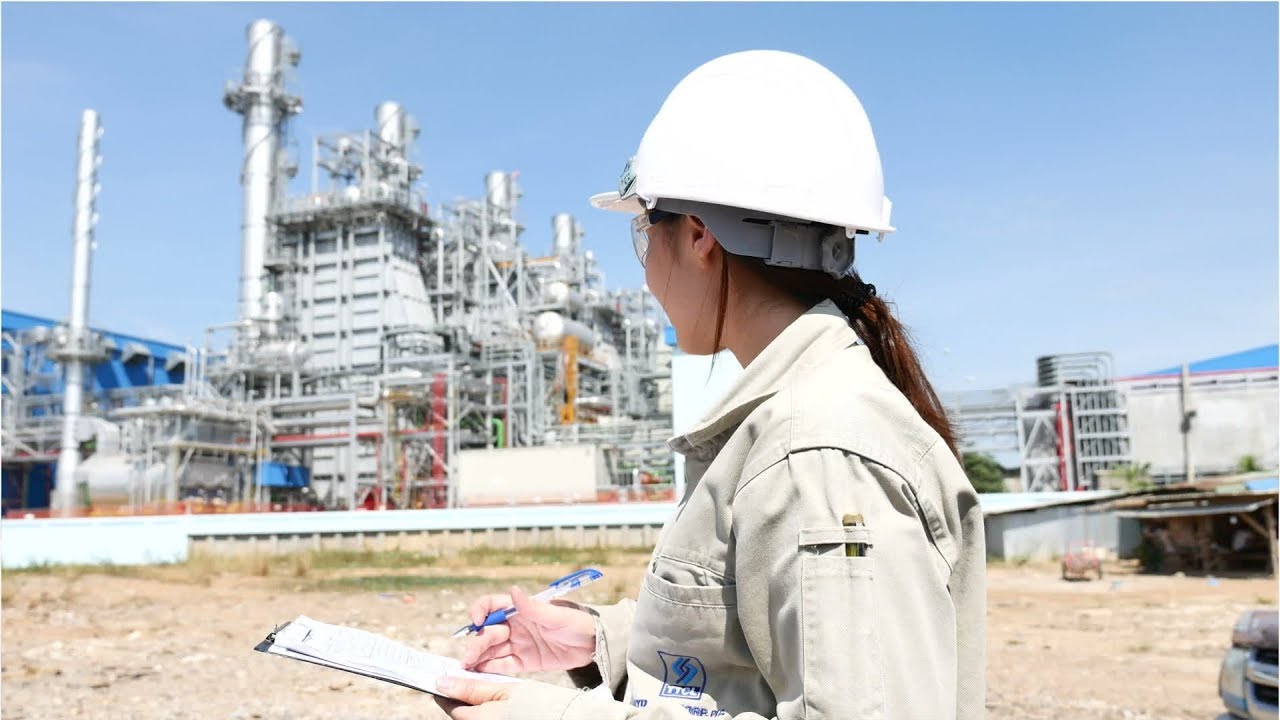

This course covers the fundamentals, with a primary focus on understanding fluid flow in porous media. Participants will learn reservoir engineering based on the application of analytical techniques. Several case studies will be used to show the importance of reservoir engineering. Key reservoir engineering concepts such as reservoir drive mechanisms, volumetric, petroleum fluid properties and recovery factors will be introduced. The candidates will be provided with an overall appreciation of what the basics of reservoir engineering and an appreciation of the reservoir management process and reserves should be obtained.
By the end of this course delegates will be able to:
Geologists, Geophysicists, Petrophysicists working in exploration and exploitation, production engineers and technologists and anyone who are relatively new to the industry, but who have some background in reservoir geology and the production of hydrocarbons
CDGA attendance certificate will be issued to all attendees completing minimum of 80% of the total course duration.
| Code | Date | Venue | Fees | Register |
|---|---|---|---|---|
| GE128-02 | 03-05-2026 | Amman | USD 5450 | |
| GE128-03 | 09-08-2026 | Dubai | USD 5450 | |
| GE128-04 | 08-11-2026 | Dammam | USD 5450 |
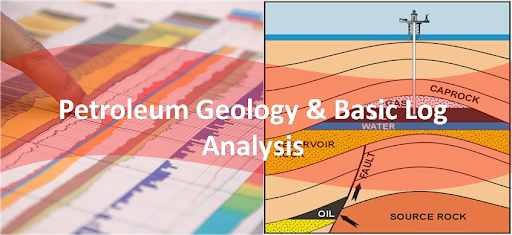
Geology is the science that deals with the history and structure of the earth and its life forms, especially as recorded in the rock record. A basic understanding of its concepts and processes is esse ...
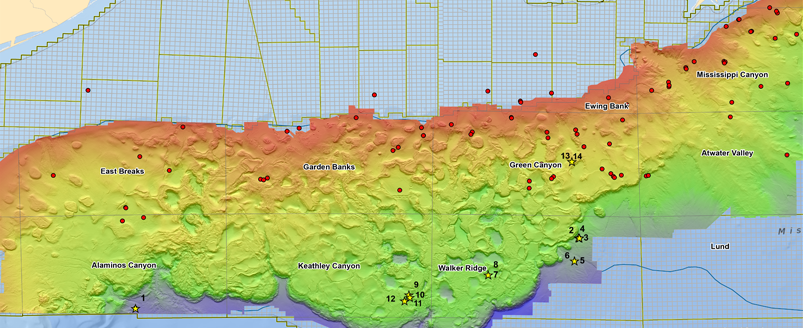
The goal of integrated reservoir analysis is for participants to understand the concepts and develop subsurface skills to integrated analysis of rock, pore, and fluids from various sources. Participa ...
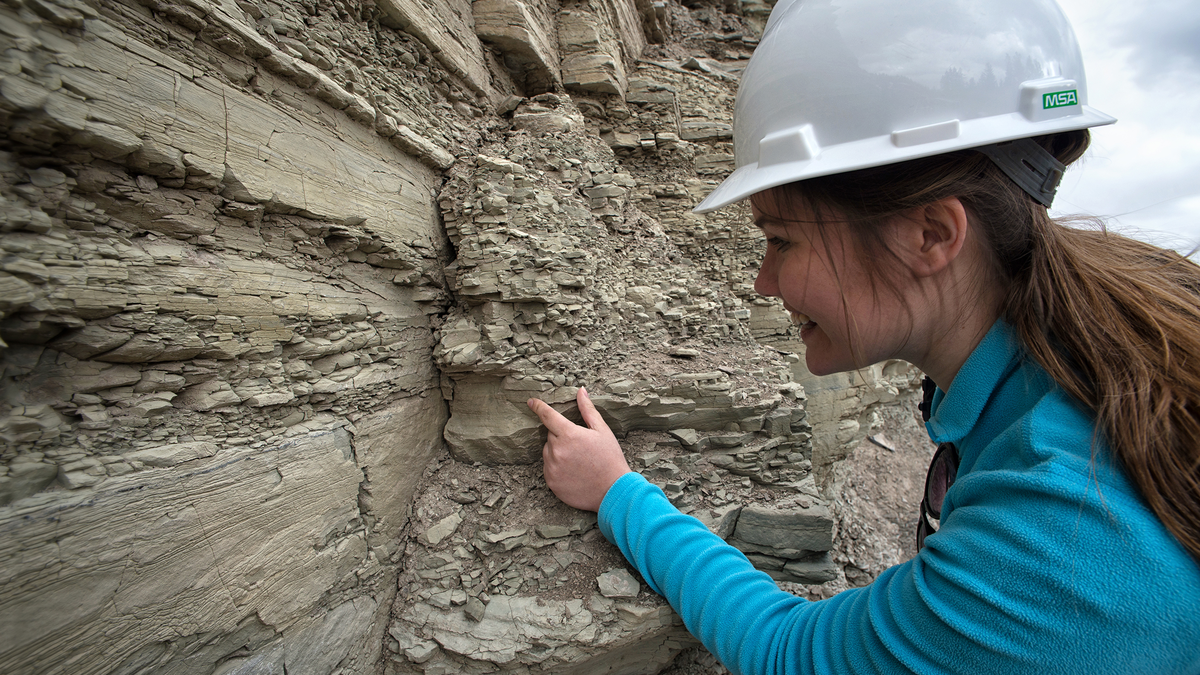
This introductory course is designed for industry professionals with no prior geological training. Registrants will gain an understanding of fundamental geological principles and the tools and techniq ...
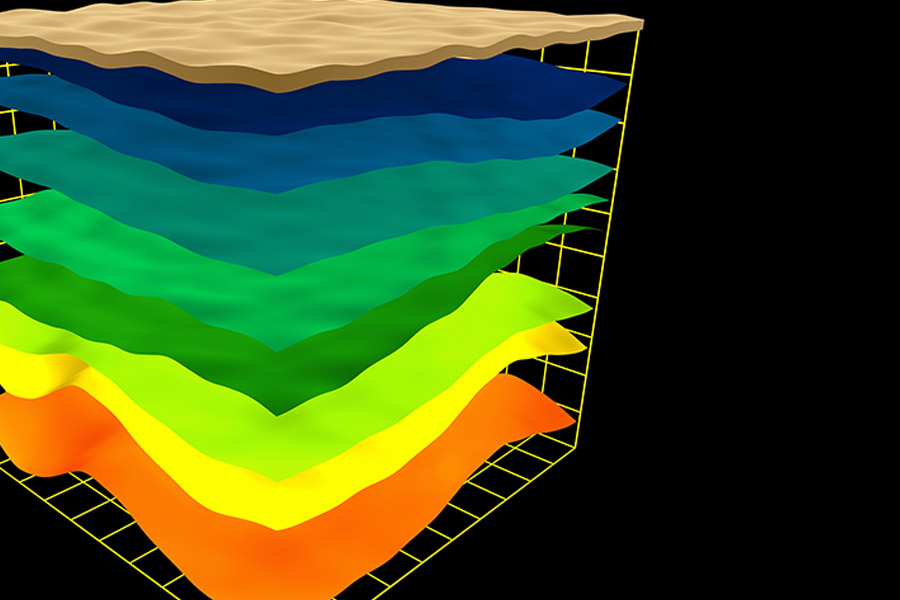
This course will introduce participants to the basics of reservoir engineering. Participants will also learn about fluid and rock properties used in reservoir engineering applications and the fundamen ...
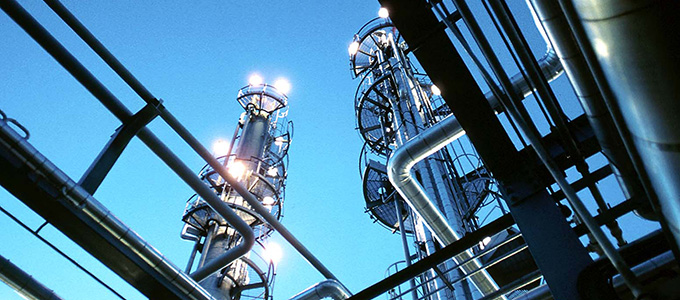
The course examines the standard reservoir engineering processes and techniques, particularly their interface with geoscience activities. It follows, and illustrates with examples, the use of subsurfa ...
Providing services with a high quality that are satisfying the requirements
Appling the specifications and legalizations to ensure the quality of service.
Best utilization of resources for continually improving the business activities.
CDGA keen to selects highly technical instructors based on professional field experience
Since CDGA was established, it considered a training partner for world class oil & gas institution
3012, Block 3, 30 Euro Business Park, Little Island, Co. Cork, T45 V220, Ireland
Mon to Fri 09:00 AM to 06:00 PM
Contact Us anytime!
Request Info